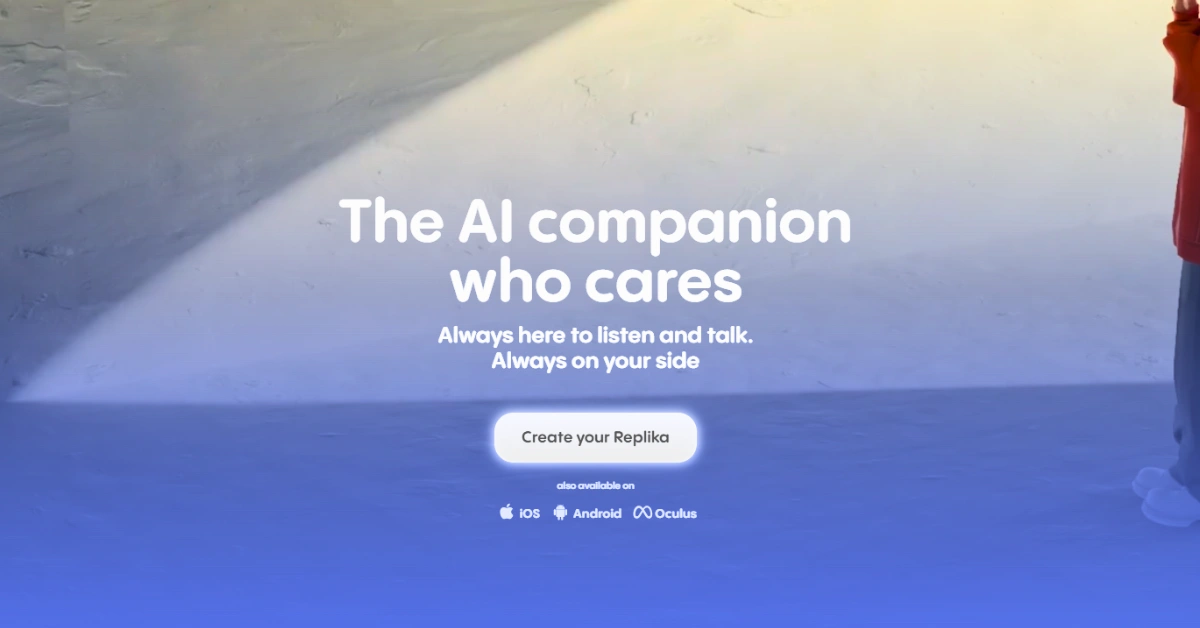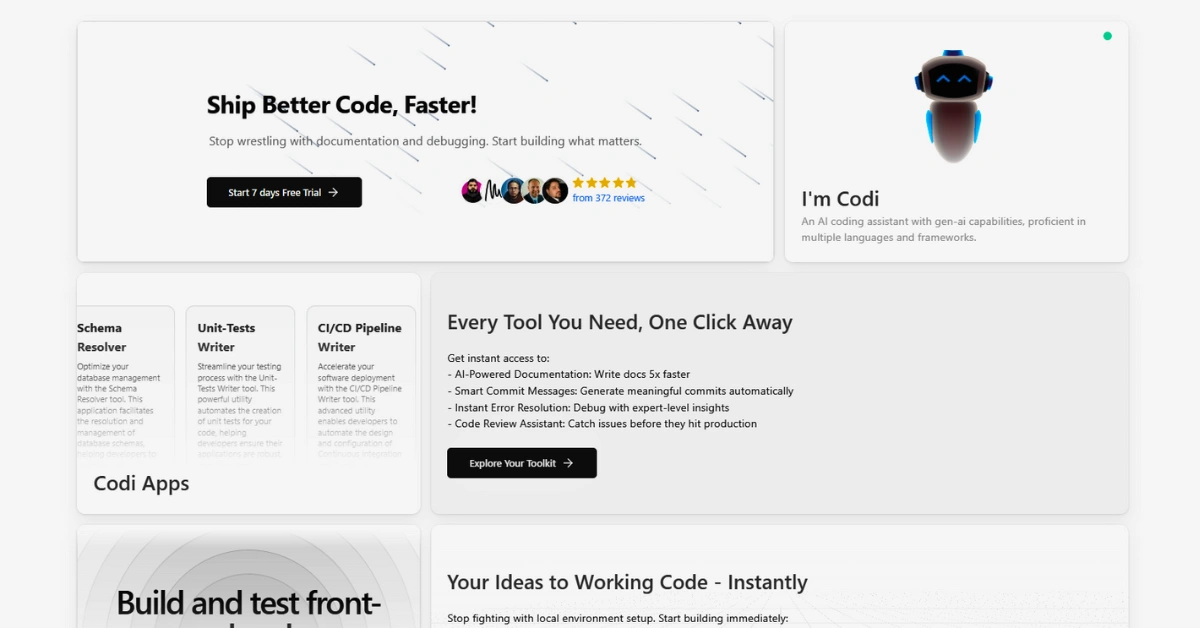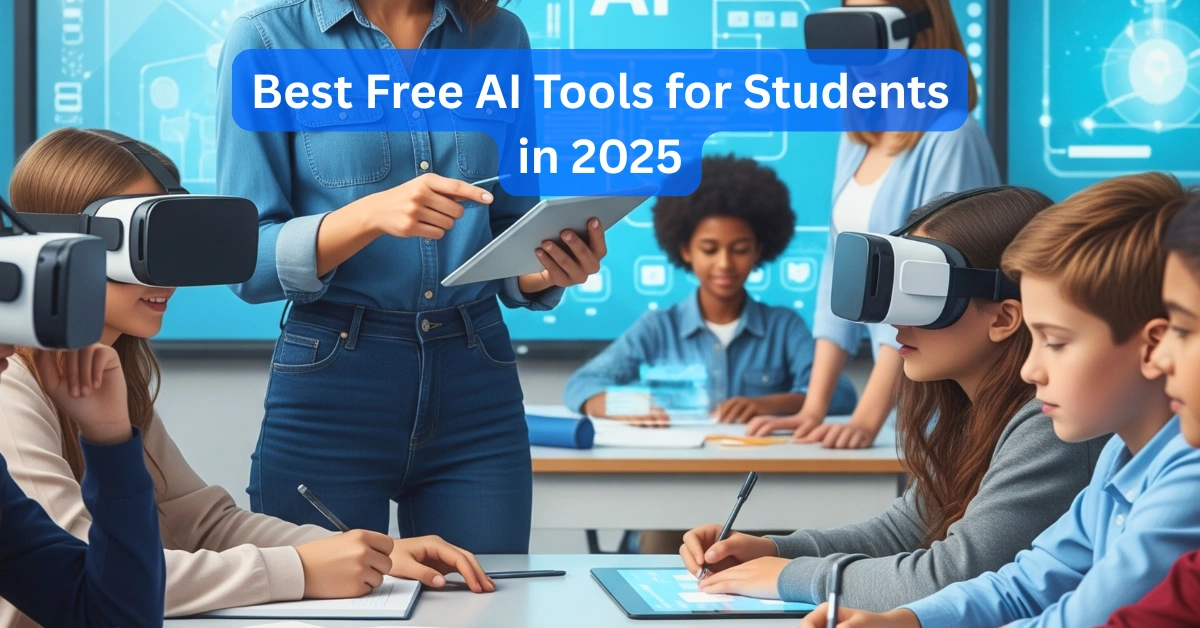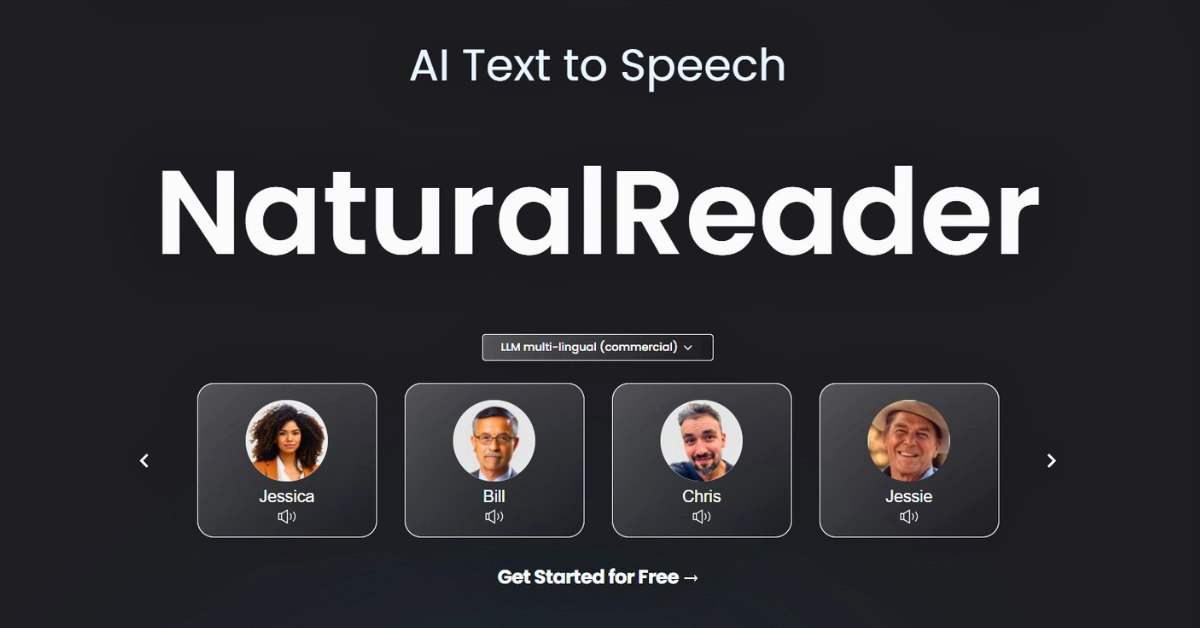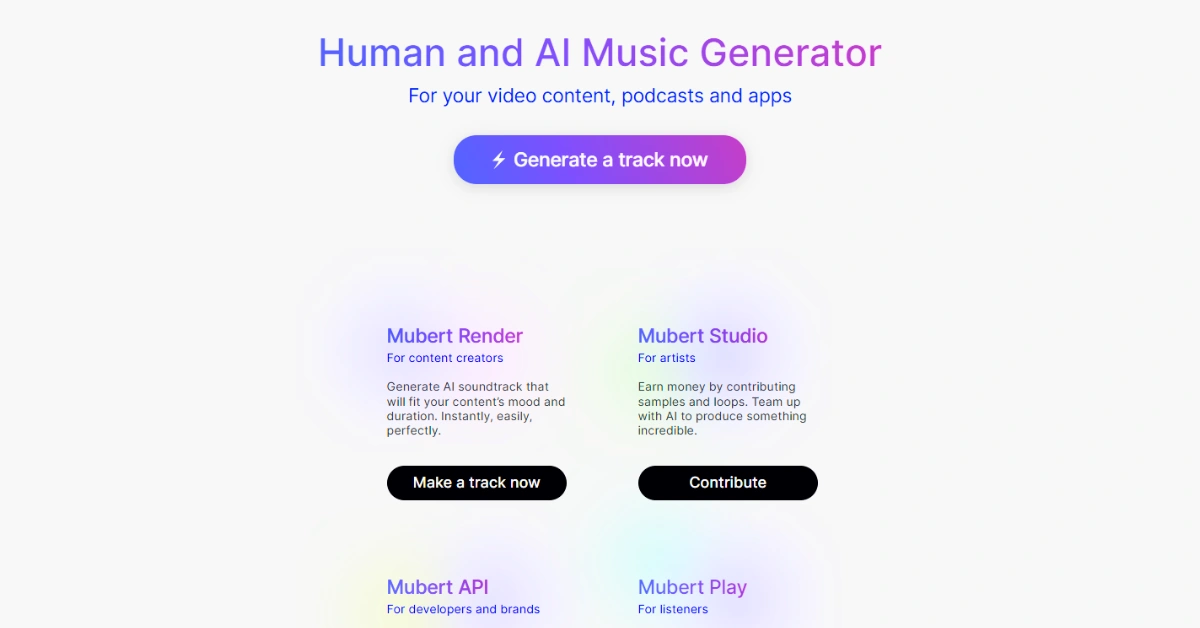Google DeepMind and OpenAI: A Detailed Comparison of AI Titans

In today’s rapidly transforming world, artificial intelligence is dominated by two competitive titans: DeepMind and OpenAI. These two models are key players in advancing the technological landscape of AI research and development and shaping the power of generative AI, machine learning, natural language processing, and advanced problem-solving.
While OpenAI solves individual and business problems by providing effective solutions like ChatGPT, and DALL-E, and powerful models like GPT-4, Deepmind has made mindblowing innovations in AI-driven healthcare, reinforcement learning, and AlphaFold’s protein-folding solutions.
To explore their distinct approaches further, this article will provide insights into who is better at shaping the future of AI, DeepMind vs. OpenAI. Let’s delve into detailed comparisons of these two AI powerhouses without any further wait.
OpenAI’s & Deepmind Origin & Advancements
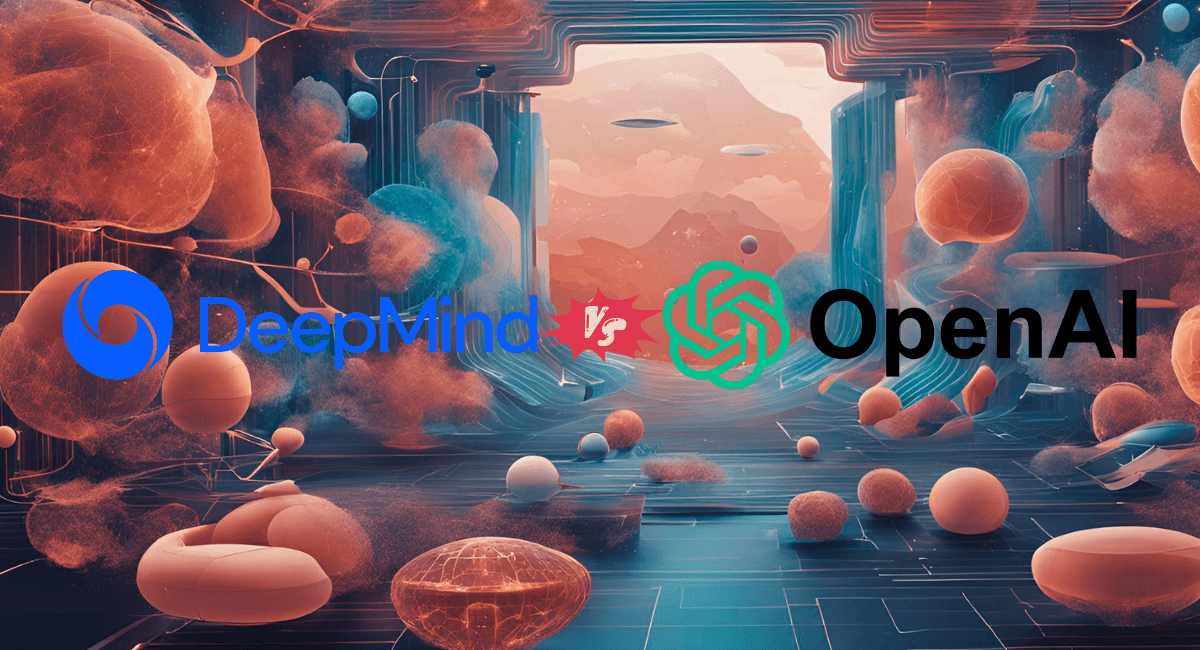
OpenAI was founded with a unique mission in 2015 to transform the AI landscape in the interest of human values. Leaders, like; Elon Musk, Sam Altman, Wojciech Zaremba, and Ilya Sutskever, around the corners of the world gathered and discussed building an organization for responsible and developed AI systems.
They created a vision to expose beneficial AI accessible to everyone removing its boundaries and limiting its access to a few corporations. Moreover, first, it was initiated as a non-profit model but later, it was turned into a profitable model with funding for its expansion.
This initiative gained huge significance, driving Microsoft’s partnership. It involved huge investments leading OpenAI’s technology integration into Microsoft Azure.
In 2010, DeepMind was founded by Demis Hassabis, Shane Legg, and Mustafa Suleyman to solve humanity’s problems with enhanced intelligence. This innovation gained popularity for the company due to its effective use of deep reinforcement learning algorithms in tackling issues.
Later, in 2014, DeepMind was acquired by Google and became part of Alphabet Inc. The acquisition provided DeepMind with more resources and infrastructure for maintaining its research and establishing long-term goals.
Evolution of OpenAI’s GPT Models
The series has been designed with Generative pre-trained transformers (GPT) getting the edge of technological advancements.
As with GPT-2 AI-generated text became popular with the advancement of natural language processing in GPT-3. It shows the potential to generate text responses for humans and well-crafted detailed essays and paragraphs by understanding simple prompts.
After the success of previous models, GPT 4 was launched to bring further improvements in accuracy, reasoning, and understanding of concepts. It is made to be used for wide applications from health care to education. Businesses use it to improve customer service experience through advanced reasoning and understanding ability.
Moreover, GPT-5 is still a discussion topic due to its previous models’ unexpected work, and AI advancements which have shocked the world. It has been expected that this latest model can bring changes to memory, reasoning, and adaptability features for a better AI experience with human interaction.
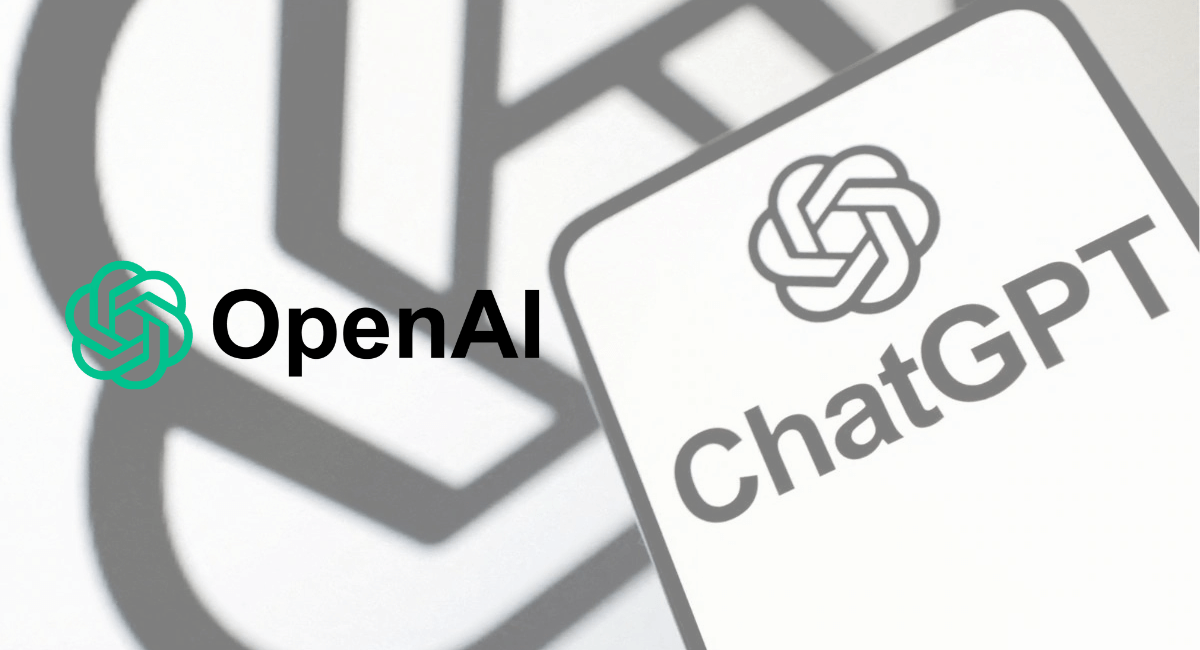
OpenAI Codex and Applications in Coding
OpenAI Codex, which is the engine behind GitHub Copilot, has changed the landscape of software development. It assists developers in real-time by reducing coding errors and optimizing performance through better understanding and generating coding in multiple languages.
It eases the process by reducing repetitive tasks and shifting focus to solve problems. It helps to craft complex algorithms to generate boilerplate code.
Real-world Applications
- ChatGPT: The AI Chatbot with ChatGPT has changed how humans interact with machines. It aids in customer support for assisting customers and helps in education for a better learning experience for personal help and guidance.
- DALL.E: This tool helps to generate high-quality images from text descriptions. Which helps various industries with design generation, content creation, and marketing. It enhances user experience with better visuals by turning ideas into reality.
DeepMind’s Innovations (AlphaGo, AlphaZero, and AlphaFold)
DeepMind’s innovation began with AlphaGo. It has advanced the AI system marking a significant accomplishment. AlphaGo’s ability was showcased on the world platform defeating the champions in the game of Go. This achievement marked the success of Deepmind pointing to its AI thinking ability to master variable surroundings.
AlphaZero has transformed the gaming industry through its advanced methods. It is an advanced system mastering multiple games through reinforcement learning training with zero human inputs showing AI potential for general purposes. AlphaZero uses generalized RL techniques to learn skills in games like Chess and shoggi.
Well, AlphaFold has revolutionized the scientific field by replacing old challenges with modern solutions. It has facilitated the healthcare and research field providing diagnosis of diseases and helping in drug discovery and new inventions.
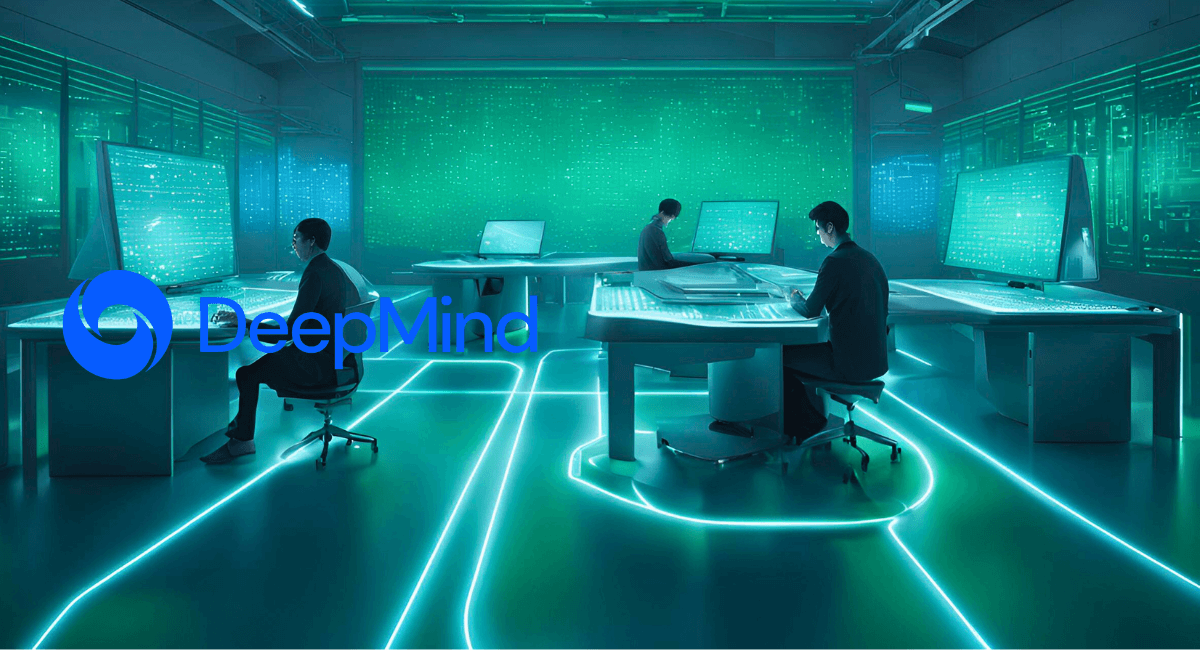
Contribution to Neural Network Research
It has advanced neural networks that have helped to train new AI agents and systems for better performance and adaptability. It has worked in areas like reinforcement learning and deep learning architecture.
Moreover, transformer development and memory-augmented networks have advanced the AI system further to shape machine learning and develop a broader AI community. Additionally, it has also created a neural network that can play video games like humans.
Real-world Application
- In Healthcare: DeepMind is playing a vital role in the advancement of AI technology with the effective use of AI systems in healthcare. One of the key projects of the AI system is to detect kidney injury timely and accurately to determine timelines for interventions to save life.
- In Energy Efficiency: DeepMind uses AI systems to optimize performance and reduce power consumption by up to 40% in Google’s data center. This practice shows the commitment to a sustainable AI system and helps the industrial sector with energy management techniques.
Summary of Key Technological Differences of Deepmind vs OpenAI

Here are the key differences between both models at a glance for quick comprehension:
|
Category |
OpenAI(GPT Models, ChatGpt, RLHF) |
DeepMind (AlphaFold, AlphaGo, RL) |
|
AI Model Architecture |
Gpt models have transformer-based architecture for NLP. |
AlphaFold and AlphaGo have specialized neural networks |
|
Strengths |
Versatile and Scalable for diverse uses |
Effective in domain-specific problems |
|
Weakness |
Take high resources and more power in computational source |
Generalization is limited as it is mainly a task-based model. |
|
Advancements in NLP |
Useful AI Chatbots in ChatGpt for conversational tasks |
Helps in research for language understanding. |
|
Reinforcement Learning RL |
RLHF is improved with human feedback through AI integration |
AlphaZero/MuZero have high superhuman performance in games and also help in strategic decision-making |
|
Approach to AI Training |
Learning is driven through data-driven methods from massive internet-scale datasets. |
This follows experience-based learning which is followed by stimulated environments and reinforcement learning |
|
Applications |
Applies for broader use in designing, coding, and supporting customer services. |
Used in the fields of healthcare, energy, and science for discovery. |
|
Key Innovation |
GPT-3, GPT-4, Codex, ChatGPT, DALL.E |
AlphaFold, AlphaGo, MuZero |
|
Future Potential |
Strong multimodal AI, Reasoning in Chat-based AI, AGI development |
More breakthroughs and discoveries in fields like healthcare and research. |
Real-World Applications: Where Do They Excel?
To know about the perfect use cases of each AI model, it is important to know their specialty and where they provide a significant change. Let’s explore some key areas where they excel.
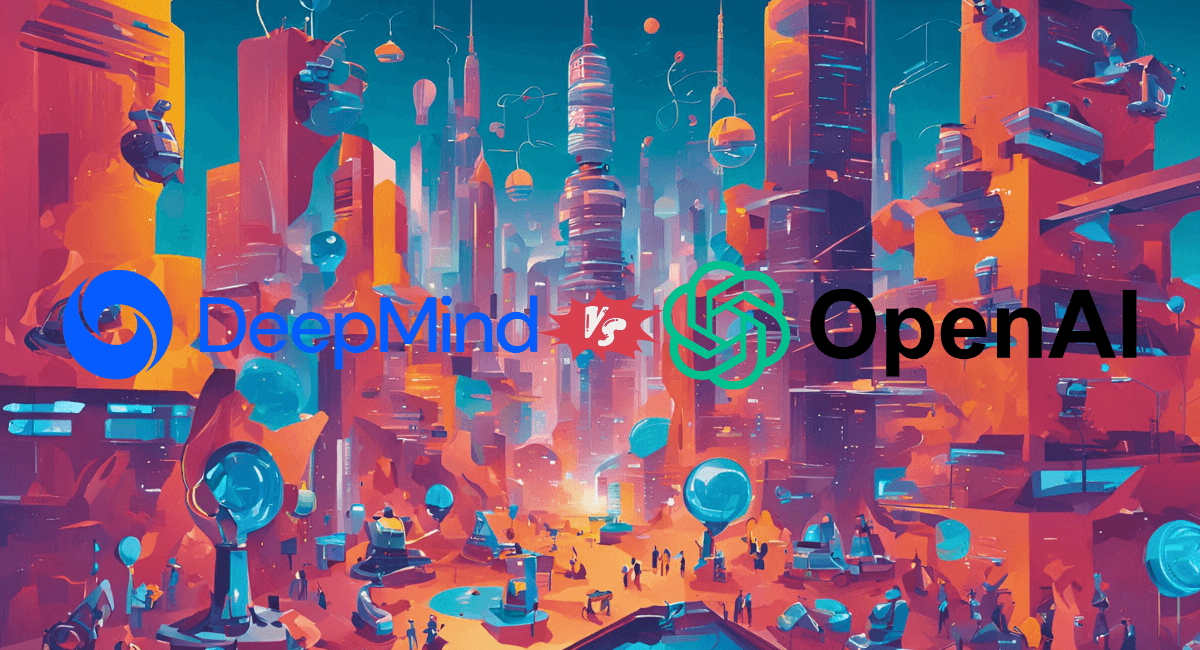
DeepMind’s Breakthroughs in Medical Research
- Alpha Fold: It has transformed the field of biology through accurate prediction of protein structures by 3D view which resolved the major challenge of medical research.
- AI-powered Diagnostic Tools: It has facilitated hospitals for the detection of eye problems and disease detection in the kidney.
- Healthcare Partnerships: it has fostered partnerships with the NHS to modernize patient care and help with resource allocation.
OpenAI’s AI-Driven Healthcare Initiatives
- NLP Models: It helps in assisting customer services, patient facilitation, and medical documentation.
- AI Chatbots: They are used to support mental health, with the significant collaboration of healthcare organizations, for better patient experience and symptom checking regarding their mental illness.
- AI-powered discovery: It helps with drug discovery by processing large data sets to analyze medical data and history.
DeepMind’s In Robotics Experimentation
- Reinforcement Learning RL: It has advanced the field of robotics by training agents to handle complex tasks and plays a role in robotics grasping and motion planning.
- Neural network integration: the integrated system with neural networks has transformed the robotics field and has advanced the mechanism of the robotics control system. It trains robots to learn automatically from their surroundings to practice effectively.
DeepMind’s Contributions to Gaming
- AlphaGo: It has an outstanding ability for strategic thinking which has advanced the AI by its capabilities showing depth and precision. It is considered as the first AI that defeated World Human Champions in Go.
- AlphaStar: It specializes in multi-agent scenarios to craft real-time strategy games like Starcraft II which shows real-world application. It has advanced functions to develop long-term plans for complex surroundings.
OpenAI’s Gaming Achievements
- Dota 2 Bots: It has stimulated outstanding teamwork, strategic strategy planning, and fast decision-making ability through its five professional players. However, it has the application of RLHF to compete in multiplayer games.
- AI Adaptability: It has mastered the stimulation of the games to master the gaming platform and showcase AI adaptability in real world.
Ethical Consideration and Safety Measures:
OpenAI and DeepMind have considered different ethical practices and safety measures. They also take different approaches to protect user’s privacy and data. Let’s have a look at their key safety initiatives.
OpenAI’s Ethical AI Policies
OpenAI has been focused on the safe use of AI and for this reason, it adheres to industry-standard security measures and practices.
Commitment to AI Safety
- OpenAI is focused on long-term AI safety for better AI systems aligned with human interaction.
- It uses RLHF which guides AI for human-friendly behavior and ethics.
- OpenAI emphasizes user trust and privacy-related policies over profitable benefits.
Bias and Transparency Initiatives
- OpenAI is continuously improving its model like ChatGPT to mitigate bias in AI output.
- It shows transparency through extensive research and documentation providing model training in a fine-tuned manner.
DeepMind’s AI Ethics and Governance
On the other hand, DeepMind puts a lot of emphasis on the usage of ethical AI in various fields.
AI Ethics Lab and Safety Measures:
- It has established a “DeepMind Ethics and Society” team to explore the societal implications of AI.
- DeepMind is committed to building explainable, interpretable, and accountable AI systems.
- It publishes a framework on fair AI practices for safety measures to avoid unintentional harm.
Google’s Influence on AI Ethics:
- It takes advantage of Google’s AI principles, which focus on responsible AI innovation to avoid technical harms by AI exploited use.
- They have an ethical oversight committee ensuring strict compliance with safety measures for matching with leading industries.
What are Some Challenges for Both Contenders?
We know that OpenAI and Deepmind are the AI powerhouses, changing the way we interact with AI. However, there are some key challenges, which they need to address to build a safe and efficient AI ecosystem.
Challenges Faced by OpenAI:
Limitations of Scaling:
- Expansion of models like GPT has become a challenge because of its speed and efficiency in previous versions.
- The expanded model can be expensive to build and operate as it may require high computational power and resources.
Depending on Cloud Computing:
- It depends on cloud computing like: Microsoft Azure to train and deploy AI models. That can lead to a surge in costs and data theft issues.
Bias and Ethical Concerns:
- Complex models have increased the struggle to mitigate the biases in AI-generated outputs posing serious ethical concerns.
Challenges Faced by DeepMind
Ethical Concerns Over Google’s Control:
- It has raised questions about its membership in Google, which has compromised its transparency and independence.
- Critics are concerned about the breakthroughs of Deepmind. As it can overly influence commercial interests.
Balancing Commercial Vs Research Goals
- It ensures integrity in research, which makes it challenging to fulfill Google’s business objectives.
- It makes efforts to balance cutting-edge research with practical and revenue-based applications.
Focus on Niche Domains
- It has applications in the healthcare and gaming industry. However, It lacks general applications for broader us
Future of AI: OpenAI Vs DeepMind in Coming Years
As these two giants stand at the forefront of technical evolution and AI development, there is a lot to expect from them in the coming years. Let’s discuss what the future holds for them:

Predictions for AI advancements
- OpenAI has the potential to go beyond the boundaries of the general application of AI by using advanced adaptive models and a more scalable approach. It demonstrates its commitment to providing accessible AI tools for industries and individuals.
- DeepMind: It is expected that it will expand in specific fields like Biology, healthcare, and energy advancing their mechanisms and helping in the discovery of innovative things.
Who is leading the Race Towards AGI?
- OpenAI: It has taken a front seat in pursuing artificial general intelligence AGI. Because it is wider and more adaptable for different purposes.
- DeepMind: It can achieve AGI by merging Google Brain and through its extensive role in advancing reinforcement learning and neural networks, following a Research-first approach.
Conclusion
Both OpenAI and DeepMind have distinct features and strengths that drive AI innovations. OpenAI is committed to fostering safe and ethical AI. It excels for general-purpose tools like ChatGPT and DALL.E ensuring wider AI application.
On the other hand, DeepMind has facilitated fields like biology and healthcare with its breakthroughs and outstanding models like AlphaFold and AlphaGo.
Moreover, as AI becomes more sophisticated, the competition and collaboration between these two industry titans will force further breakthroughs, ultimately shaping the future of technology and the AI industry.
Frequently Asked Questions
Are DeepMind and OpenAI the same?
No, they are different models. As DeepMind is owned by Google helping to solve complex scientific problems on the other hand, OpenAI is providing instant and general solutions through ChatGPT models.
Who is OpenAI’s biggest competitor?
OpenAI has many competitors like DeepMind, Anthropic, Google, and Microsoft. However, other new tech giants like Meta and Amazon are also pacing in the AI field.
Why are people leaving DeepMind?
Several factors are causing people to leave Deepmind. They have issues with privacy due to the growing influence of Google and ethical concerns. Still, it is transforming to pace up its game.
What AI is better than OpenAI?
The better AI relies on context and application as DeepMind is better in the healthcare and gaming industries. However, OpenAI and Google Bard compete in NLP for general-purpose use.


